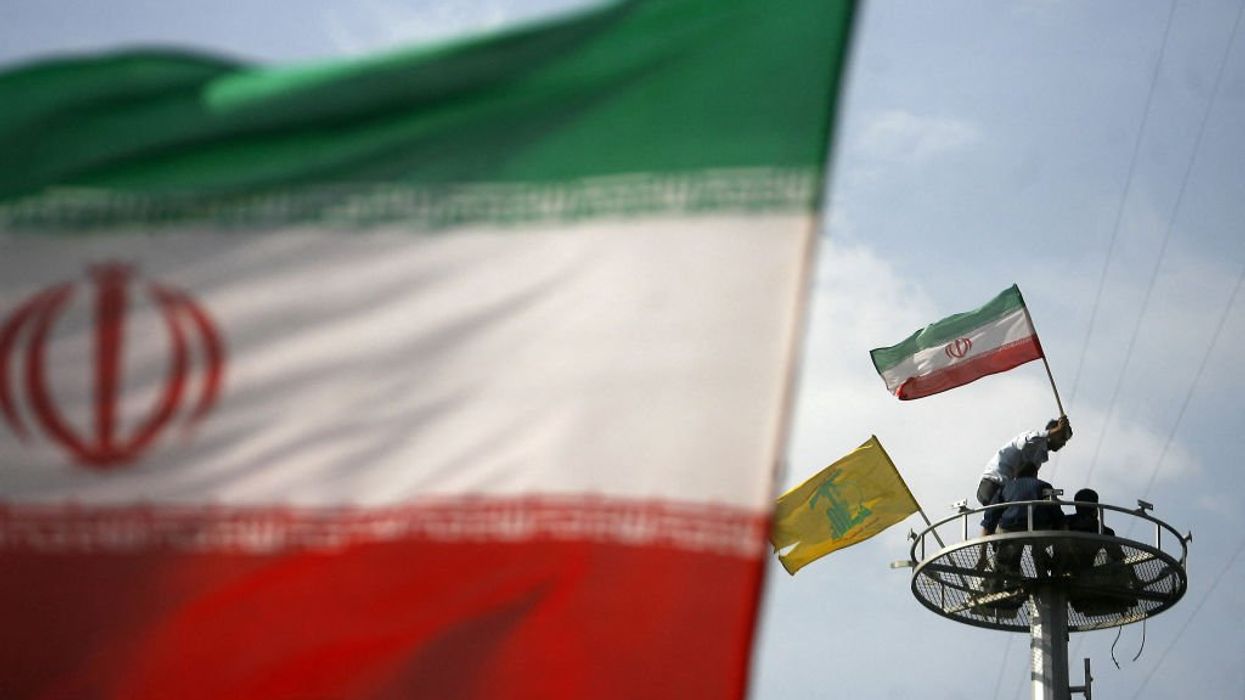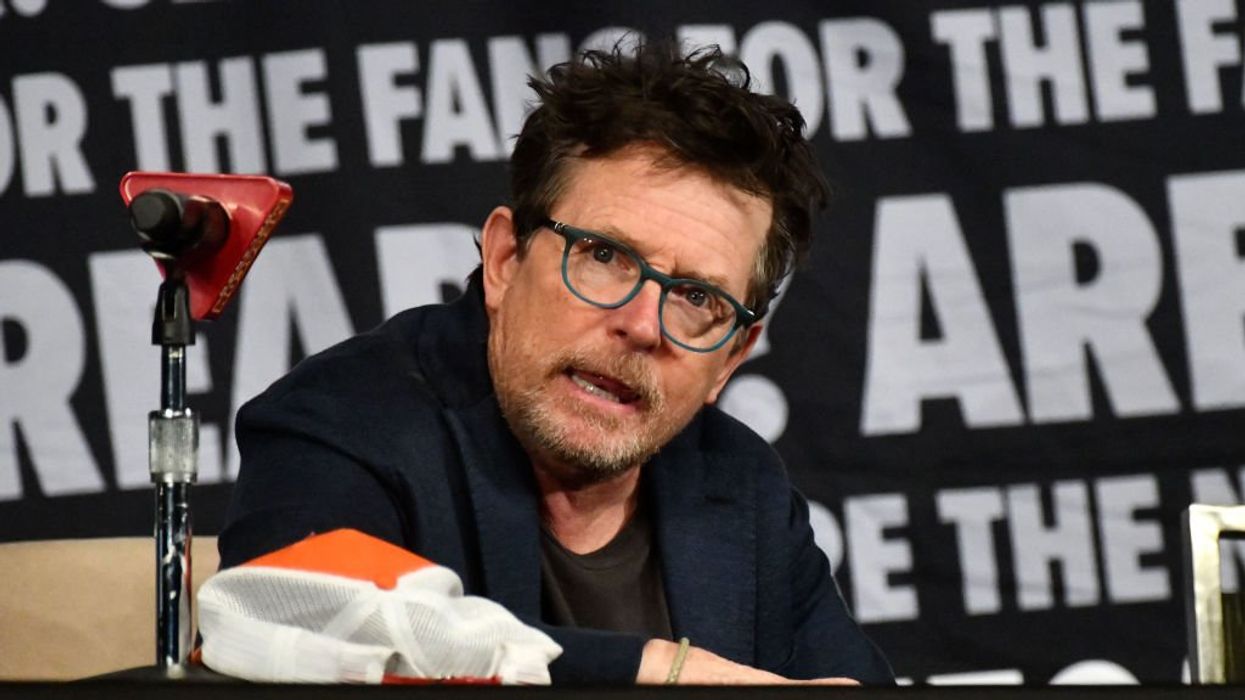
© 2024 Blaze Media LLC. All rights reserved.
The chart above puts Obamanomics in its unpleasant historical context, in case anyone really needs to be reminded. But the terrifying thing is that the situation is far worse.
Take the news on unemployment. Yes, the United States added 120,000 jobs in November and the president will no doubt claim some victory – we’re getting out of a “ditch,” after all. The unemployment rate dropped to 8.6 percent from 9 percent and a broader unemployment rate from 16.2 percent to 15.6 percent. It is at its lowest level since August 2009. And revisions to previous months, we are told, point in a good direction.
The New York Times also assures me there are "Signs of Hope in Jobs Report; Unemployment Drops to 8.6%." So who am I to ask questions?
Hey, I'm not an economist. But the unemployment rate, though useful, seems to be an awfully overvalued metric. If the workforce is shrinking, then yes, the unemployment rate is likely to drop -- it should drop -- as well. Over the past month, labor force participation dropped from 64.2 to 64 percent. Americans are giving up the search for work as over 315,000 stopped looking searching in November alone. That’s a lot of people.
What would the unemployment rate look like if we had the same level of active workers as we did when the recession first struck? The American Enterprise Institute’s James Pethokoukis tweeted: “If labor force size was same as Oct., U-3 unemployment rate would be 8.9%; same as when Obama took office, 11%”. Eleven percent.
Apologies for my cynicism, but though the unemployment rate does not offer us the full story, politically speaking, it is an important political ingredient that could help President Obama -- the man who helped turn a recession into a new state of normal – win a deeply undeserved second term for a couple of reasons:
1- Unemployment rates will decline and the economy will look a lot healthier than it actually is to many less- informed voters. Everyday Americans don’t have the time to parse unemployment statistics – they just want to see the right trajectory. In the end, though, none of the underlying fundamental problems have changed.
2- The more Americans drop out of the work force the more Americans will be tied to some form of government dependency, the lifeblood of progressive politics. We are already experiencing record number of citizens relying on government, and while progressives might find dependency moral and beneficial, it is a sure sign of an ailing nation.
And with all this going on, Democrats fix their moral focus on the populist “wealthy aren’t paying a fair share” canard because it latches onto populist anger and feeds the restive envy that some (still few) people feel during hard times. It's a play for votes not for economic growth. How does "askingpeople to "sacrifice just a little bit more" help create jobs?
Rather than thinking of ways to free up the wealthy so they can generate more profit and more self-sustaining jobs, the president peddles a public sector union-bailout "jobs" bill we can’t pay afford. A bill that would only continue to exacerbate the problems that state governments face. Rather than allow the economy to move forward -- or anywhere, actually -- we continue to bail out rotten institutions, regulatory expansion and now we're just sitting around waiting for another election.
All in all, pretty depressing for “good news.”
-----------------
Follow @davidharsanyi.
Want to leave a tip?
We answer to you. Help keep our content free of advertisers and big tech censorship by leaving a tip today.
Want to join the conversation?
Already a subscriber?
more stories
Sign up for the Blaze newsletter
By signing up, you agree to our Privacy Policy and Terms of Use, and agree to receive content that may sometimes include advertisements. You may opt out at any time.
© 2024 Blaze Media LLC. All rights reserved.
Get the stories that matter most delivered directly to your inbox.
By signing up, you agree to our Privacy Policy and Terms of Use, and agree to receive content that may sometimes include advertisements. You may opt out at any time.



